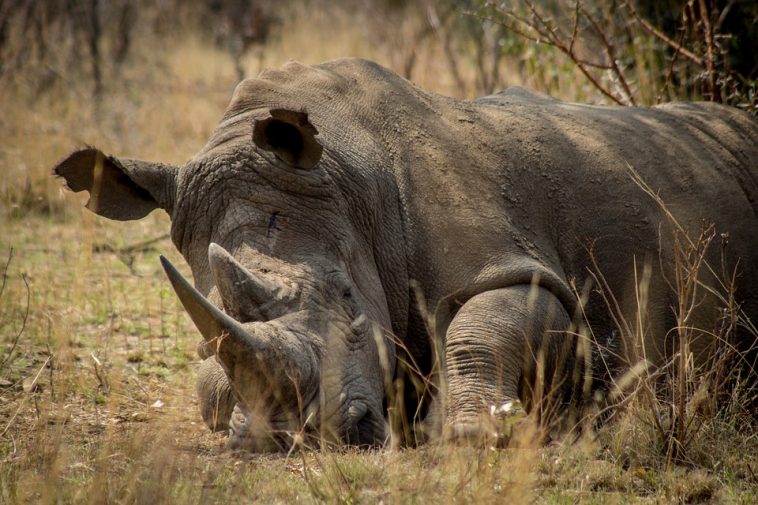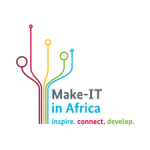Many will agree that the fight against animal poaching in Africa is bearing some fruits. The wildlife products have been on high demand overseas markets for quite a long period of time. Furthermore, they do sell at very good prices. For instance, rhino horns that are in good condition sell up to $100,000 per kilogram in Vietnam and China. This is because the buyers believe that they are medicine to a number of diseases for instance erectile dysfunction and cancer.
The high demand for the rhino horn increased the rate of rhino poaching in South Africa to 9,000%. That is from 2007-2014 a period of seven years. But after the launch of Connected Conservation in 2015 the rate of death of rhino in South Africa went down for three consecutive years. Connected Conservation is a high-filcher alarm developed to avoid poaching of wild animals. The technology has managed to reduce the number of rhinos killed by poachers from 70 to none at a reserve in South Africa for a span of two years.
Connected Conservation was developed through a partnership between Dimension Data, a South African data firm and Cisco, a San Francisco IT guru. Currently, Connected Conservation is the most successful system that is used to fight against wildlife poaching. The global wildlife sector is worth $23 annually. It used to be to the disadvantage of wild animals at the time when gun-toting rangers were the only option for their safety. Every night park officials used to de-horn and kill animals. Currently, an instrument that uses biometric gateways and cameras has effectively done away with the death of animals. The system is in a position to respond to an emergency within a period of 30 seconds to 7 minutes.
Dimension Data and Cisco are planning to automate further the system that is valued at $1.5 million annually with seismic sensors and drones. This is at a move aimed at reducing bribery and poaching. Furthermore, they hope to install the system’s version globally to secure the population of animals taken by poachers. Zambia has already installed one another system will be developed in India, Kenya, and Mozambique in the next phase.



